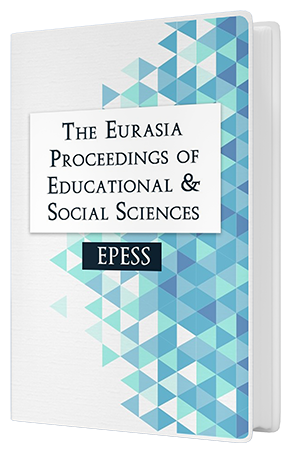A POSSIBLE MECHANISM FOR ENHANCING THE ADVANCED KNOWLEDGE CONSTRUCTION IN ONLINE LEARNING COMMUNITIES
Keywords:
online discussion, collaborative problem solving (CPS), concept, mapping, facebookAbstract
In recent years, regarding learning, the applications of peer collaborative learning through online learning communities have been progressively developed, applied and explored. Especially after the rise of social networking site--Facebook, the concept of social network service (SNS) has provided innovative reforms in the operations of online learning communities. Peer collaborative learning of online learning communities is often conducted with the discussion teaching method, which serves as a key teaching method in many cooperative learning activities. Literature has suggested that an asynchronous or synchronous online discussion session incorporating different teaching strategies may improve students' cognitive ability and knowledge construction process. However, some studies found that an online discussion activity without any control or interferences from educational instructors would lead to a lack of an advanced knowledge construction. To address this issue, this study treats Facebook as the learning community and attempts to assist students’ online discussion activities through adopting the teaching strategy--collaborative problem solving (CPS) and using the concept mapping as cognitive tools. Thus, this study aims to develop a collaborative problem solving (CPS) teaching strategy, and integrate the system of concept mapping.Downloads
Published
Issue
Section
License
Copyright (c) 2015 The Eurasia Proceedings of Educational and Social Sciences

This work is licensed under a Creative Commons Attribution-NonCommercial-ShareAlike 4.0 International License.
The articles may be used for research, teaching, and private study purposes. Any substantial or systematic reproduction, redistribution, reselling, loan, sub-licensing, systematic supply, or distribution in any form to anyone is expressly forbidden. Authors alone are responsible for the contents of their articles. The journal owns the copyright of the articles. The publisher shall not be liable for any loss, actions, claims, proceedings, demand, or costs or damages whatsoever or howsoever caused arising directly or indirectly in connection with or arising out of the use of the research material. All authors are requested to disclose any actual or potential conflict of interest including any financial, personal or other relationships with other people or organizations regarding the submitted work.




